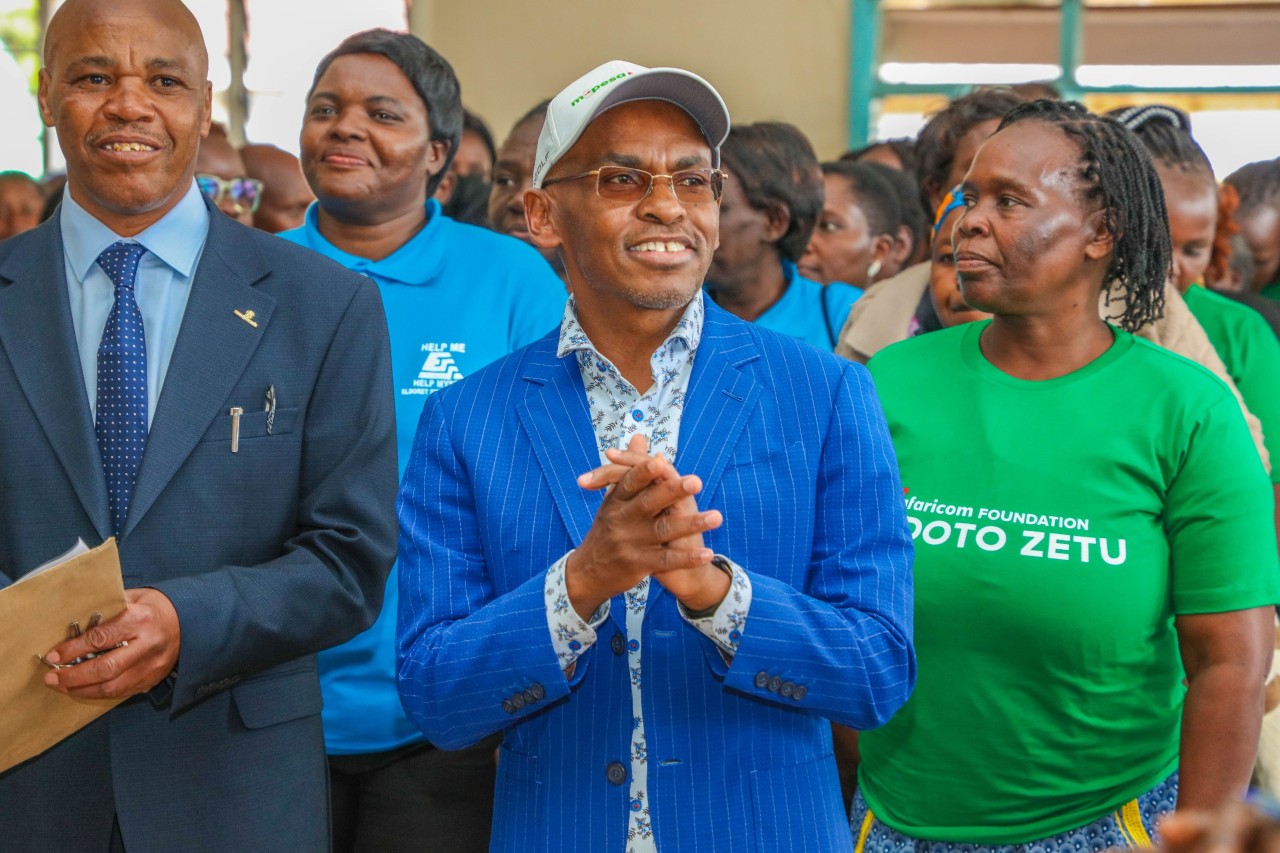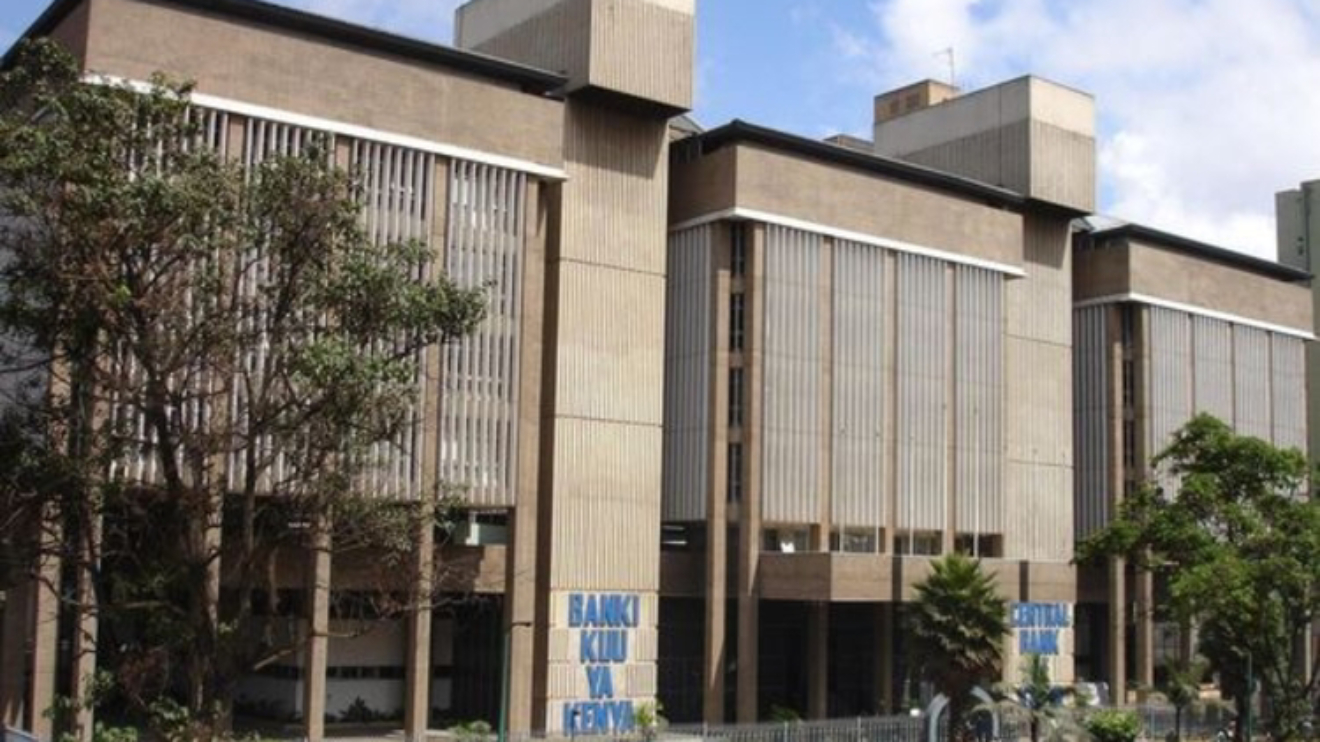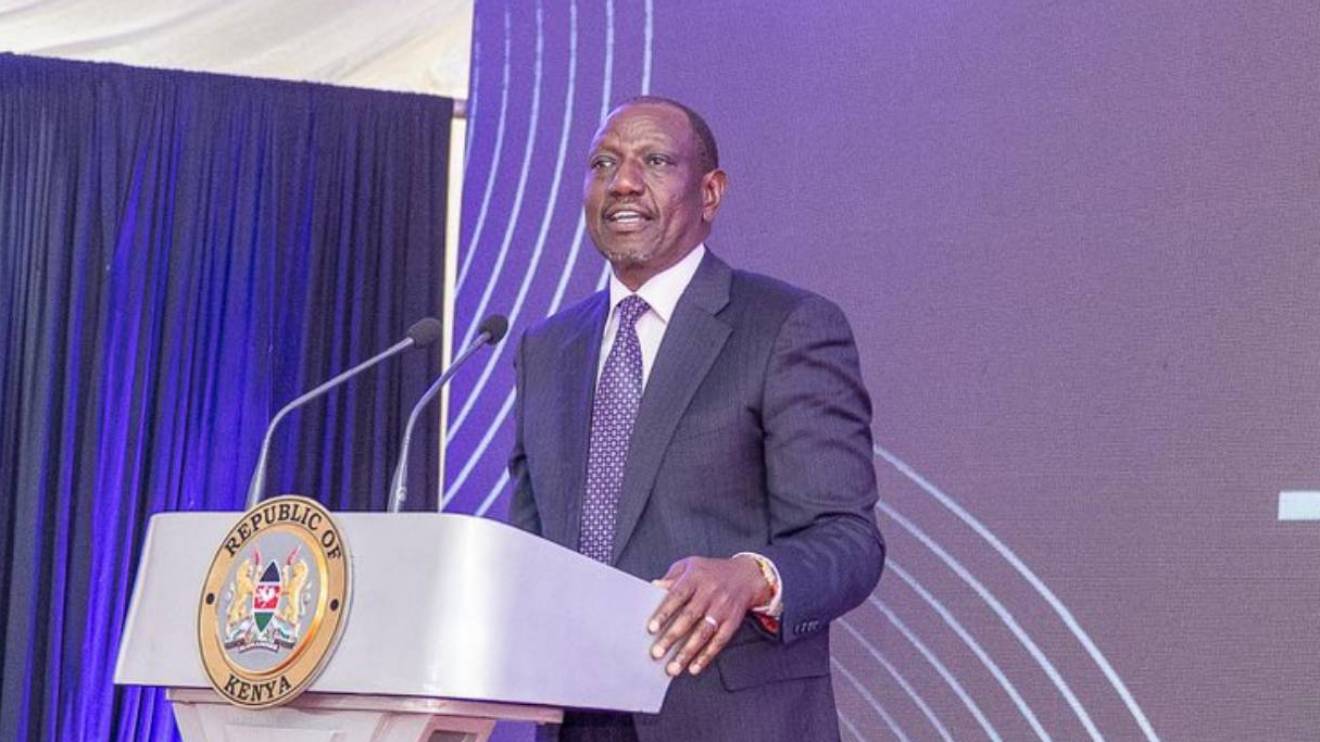The price of solar systems could soon rise by Sh2,000 should Parliament approve the proposed reintroduction of Value Added Tax (VAT) on solar products under the 2025 Finance Bill.
GOGLA, the global body representing the off-grid solar sector, has warned that the 16 per cent VAT proposal risks shrinking Kenya’s off-grid solar market by 20 per cent within a year, a move that could disrupt electrification progress in marginalised areas.
The organisation has also raised concerns over job security, saying more than 10,000 livelihoods nationwide hang in the balance.
Patrick Tonui, Head of Policy and Regional Strategy at GOGLA, said the last time VAT exemptions were scrapped, the market suffered a significant blow.
"When VAT exemptions were previously withdrawn in 2020 and 2021, the off-grid solar market contracted by 20 per cent," Tonui stated.
Read More
"Reintroducing VAT now risks repeating that experience — dampening demand, reducing tax revenues, and making solar less accessible for the households and enterprises that need it most.”
He further pointed out the broader implications of the proposed tax: “Kenya has made remarkable strides in expanding energy access. Preserving those gains requires policy choices that continue to prioritise affordability, job creation, and inclusive growth.”
Figures from the sector show that Kenya’s solar industry, in its current form, supported an estimated 30,000 jobs in 2024 and contributed more than Sh4 billion in taxes.
Sector players fear the proposed tax could trigger a downturn across the supply chain, from importers and technicians to rural agents and smallholder farmers.
GOGLA cautioned that rural communities would bear the brunt of the fallout: “The fallout would ripple across the economy: last-mile agents would lose income, mobile phone use would decline as solar charging becomes unavailable, and farmers relying on solar for irrigation and refrigeration could face lower yields and higher costs.”
In response, GOGLA has teamed up with the Kenya Renewable Energy Association (KEREA) to lobby legislators to keep solar equipment VAT-exempt, arguing that taxing such essentials would only widen the energy access gap.
Cynthia Angweya-Muhati, CEO of KEREA, said solar power had been instrumental in reaching underserved areas.
“Kenya has made strong progress in expanding energy access, especially in underserved regions through initiatives like the Kenya Off-Grid Solar Access Project (KOSAP),” Angweya-Muhati said.
She underscored the inequality still facing the sector: “Electrification in these regions remains well below the national average, with some counties as low as 15 per cent. Reintroducing VAT could make solar unaffordable for those who need it most and risk slowing progress toward universal access.”
The proposal is currently under parliamentary review, as stakeholders across the energy sector await its fate.


-1753698918.jpg)






